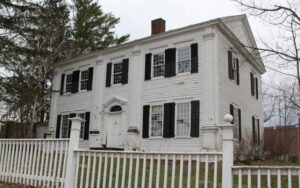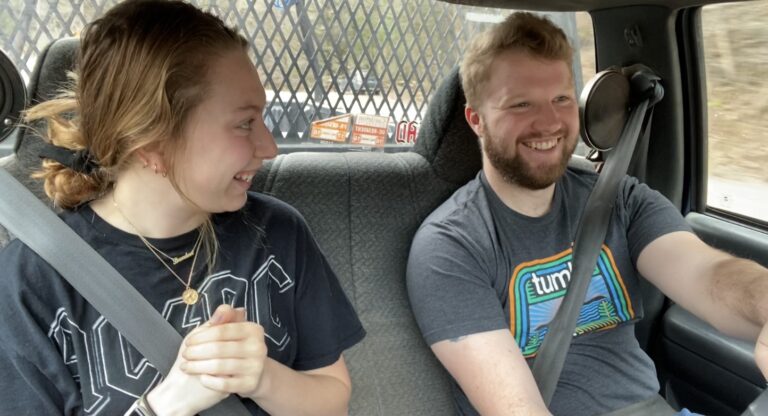Granger house to turn into museum with grant

The Granger House is one of the oldest in Castleton’s history, and an icon of the university. Dating back to around 1850, the recent receipt of a massive grant is going to allow the Granger House to keep making history—now as a newly renovated museum.
“[The] grant of a little less than $500,000 is to help us get the museum going,” Granger House Co-Director and Castleton professor Matthew Moriarty said. “It’s from the National Endowment for the Humanities, NEH, it’s a fairly prestigious organization.”
The museum will consist of hands-on exhibits aimed toward K-12 graders, but will be open to all. The museum will focus on a “diverse and interesting Castleton story” with the project highlighting local Native American, African American, and women’s history.
“The Granger House is a significant historic home, and we came to the conclusion that turning it into a museum would be the best way to preserve it for the benefit of the university and the community. Archeological digs on the property have already turned up interesting artifacts that can be included in exhibits,” Project Director and Castleton professor Andre Fleche said. “Most importantly, establishing the Granger House Museum will offer students in the humanities exciting opportunities for hands-on learning by participating in digs, doing research, developing exhibits, and serving as on-site interpreters and guides.”
Moriarty added the grant will be big news for students interested in helping with this project as it will also cover the costs associated with their participation.
“Over the summer, we’ll be running a humanities field school,” Moriarty said. “The grant will be covering six credits for each student who participates, their room and board, and they will get a stipend. Which to me sounds like a pretty good deal.”
History, anthropology, and geography classes will be offered in the spring and will work toward developing exhibits for the museum.
The first floor of the Granger House Museum is expected to open to the public next fall. Other parts of the house will undergo changes and be turned into exhibits in the future.
“Establishing the museum will preserve a significant historic property and open it to the public,” Fleche said. “Students will acquire professional skills in the humanities as they do research on the house and grounds, and future visitors will come away with a greater understanding of early Castleton and its inhabitants.”







